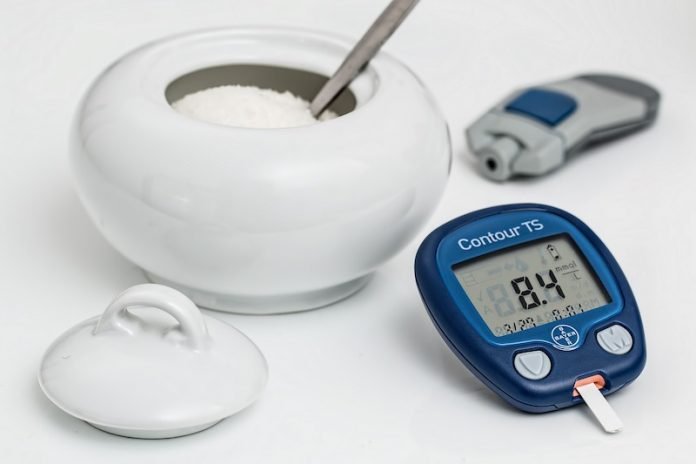
In a new study, researchers found that a drug could lower the risk of kidney failure in people with type 2 diabetes and kidney disease.
The drug is called canagliflozin and it could cut the kidney failure risk by one third.
The researchers also found that the drug could reduce the risk of heart disease.
The finding provides a promising option to protect against one of the most severe disease risks in type 2 diabetes.
The research was conducted by a team from the U.S and Australia.
People with diabetes can develop kidney disease due to prolonged high blood sugar harms blood vessels in the kidney.
In addition, diabetes often causes high blood pressure, which can stretch and weaken blood vessels in the organ and lead to heart disease.
Canagliflozin can increase the excretion of glucose through the kidneys.
This drug has already been approved by the FDA to lower blood glucose in patients with type 2 diabetes.
It can also be used to reduce the risk of heart disease in people with type 2 diabetes and existing heart disease.
In the study, the team examined 4,401 participants in 34 countries.
They found that participants who took canagliflozin were 30% less likely to develop kidney failure or die from either renal failure or heart disease.
Their risk of kidney failure or death from kidney failure was reduced by 34%, and the risk of hospitalization for heart failure or death due to cardiac causes decreased by 31%.
The researchers suggest that the finding shows a very effective way to reduce the risk of heart failure using a once-daily pill.
This is the first study in 18 years scientists find a therapy to reduce kidney failure for people with Type 2 diabetes and chronic kidney disease.
The lead author of the study is Kenneth Mahaffey, MD, professor of medicine at Stanford University.
The study is published in New England Journal of Medicine.
Copyright © 2019 Knowridge Science Report. All rights reserved.



